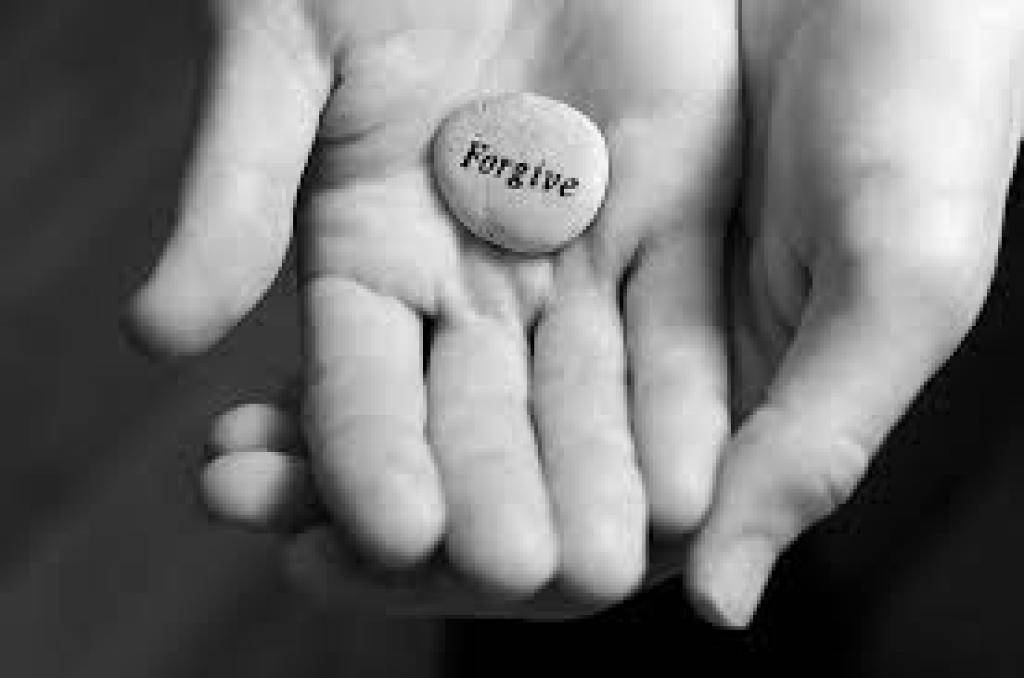“We Christians have to apologize for so many things, not just for this (treatment of gays), but we must ask for forgiveness, not just apologize. Forgiveness — Lord, it is a word we forget so often.” - Pope Francis on his way back from a trip to Armenia
What a startling comment from the leader of the Roman Catholic Church! I welcome it and embrace it even as I know Pope Francis will be crucified for this statement. For how many eons has the Church postured itself as the modality of righteousness much to the distress of helpless victims who are condemned and exiled. In another remarkable moment of the same press conference Pope Francis was asked:
“Holy Father, I wanted to ask you a question. Today you spoke of the gifts of the shared Churches, of the gifts shared by the Churches together. Seeing that you will go in I believe four months to Lund for the commemoration of the 500th anniversary of the reformation, I think perhaps this is also the right moment for us not only to remember the wounds on both sides but also to recognize the gifts of the reformation. Perhaps also — this is a heretical question — perhaps to annul or withdraw the excommunication of Martin Luther or of some sort of rehabilitation. Thank you.”
 Pope Francis: I think that the intentions of Martin Luther were not mistaken. He was a reformer. Perhaps some methods were not correct. But in that time, if we read the story of the Pastor, a German Lutheran who then converted when he saw reality — he became Catholic — in that time, the Church was not exactly a model to imitate. There was corruption in the Church, there was worldliness, attachment to money, to power...and this he protested. Then he was intelligent and took some steps forward justifying, and because he did this. And today Lutherans and Catholics, Protestants, all of us agree on the doctrine of justification. On this point, which is very important, he did not err. He made a medicine for the Church, but then this medicine consolidated into a state of things, into a state of a discipline, into a way of believing, into a way of doing, into a liturgical way and he wasn’t alone; there was Zwingli, there was Calvin, each one of them different, and behind them were who? Principals! We must put ourselves in the story of that time. It’s a story that’s not easy to understand, not easy.
Pope Francis: I think that the intentions of Martin Luther were not mistaken. He was a reformer. Perhaps some methods were not correct. But in that time, if we read the story of the Pastor, a German Lutheran who then converted when he saw reality — he became Catholic — in that time, the Church was not exactly a model to imitate. There was corruption in the Church, there was worldliness, attachment to money, to power...and this he protested. Then he was intelligent and took some steps forward justifying, and because he did this. And today Lutherans and Catholics, Protestants, all of us agree on the doctrine of justification. On this point, which is very important, he did not err. He made a medicine for the Church, but then this medicine consolidated into a state of things, into a state of a discipline, into a way of believing, into a way of doing, into a liturgical way and he wasn’t alone; there was Zwingli, there was Calvin, each one of them different, and behind them were who? Principals! We must put ourselves in the story of that time. It’s a story that’s not easy to understand, not easy.
Then things went forward, and today the dialogue is very good. That document of justification I think is one of the richest ecumenical documents in the world, one in most agreement. But there are divisions, and these also depend on the Churches. In Buenos Aires there were two Lutheran churches, and one thought in one way and the other...even in the same Lutheran church there was no unity; but they respected each other, they loved each other, and the difference is perhaps what hurt all of us so badly and today we seek to take up the path of encountering each other after 500 years. I think that we have to pray together, pray. Prayer is important for this. Second, to work together for the poor, for the persecuted, for many people, for refugees, for the many who suffer; to work together and pray together and the theologians who study together try...but this is a long path, very long. One time jokingly I said: I know when full unity will happen. — “When?” — “the day after the Son of Man comes,” because we don’t know ... the Holy Spirit will give the grace, but in the meantime, praying, loving each other and working together.
I am not going to comment much more on these two remarkable statements; I think they speak for themselves giving good guidance for those who can listen.

Comments
There are no comments yet - be the first one to comment: